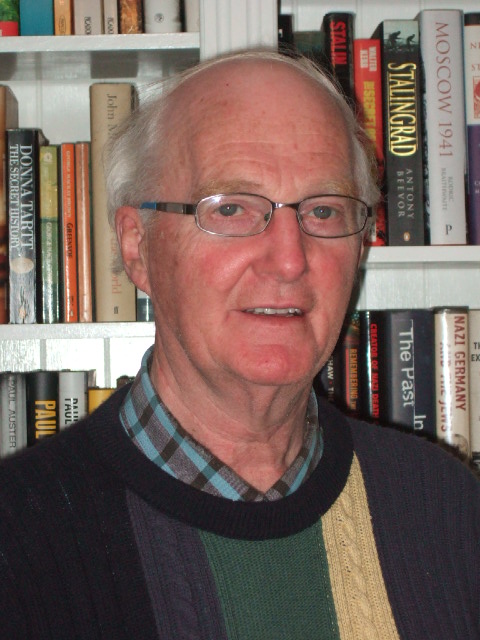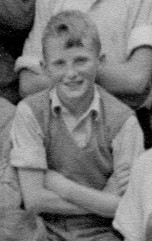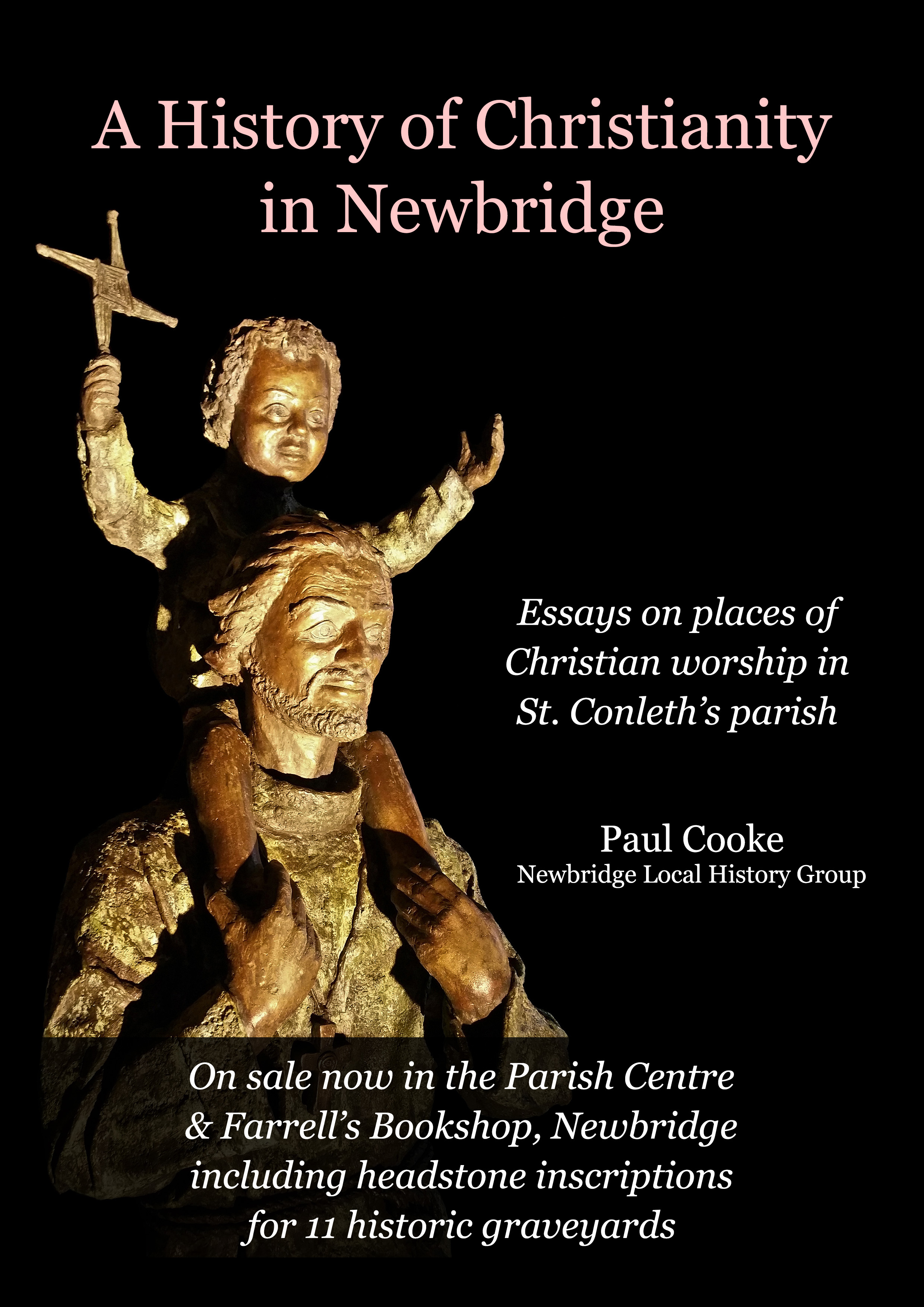Brendan Dunning: Growing Up in Roseberry, 1950s
GROWING UP IN ROSEBERRY IN THE 1950s
From the perspective of the 2000s, growing up in Newbridge in the 1950s was like being in another world. All the ‘mod cons’ that we take for granted nowadays were virtually non-existent. No TV, little radio, very few phones, no computers, ipods, internet, running water, flush toilets, dish-washers, fridges, micro-wave ovens, to name but a few.
Roseberry 
Our house was the last on the road. There were fields both beside and across from us where we played. Because there was little else to do, our games were mainly football (until we were chased out of the field) and Cowboys and Indians. We went around in a small gang – all boys, naturally, and we would get together almost every day after school and throughout the school holidays because few, if any, ever went off on a holiday.
Another highlight was swimming in the Liffey. Some of the men had built a little jetty on the river and we went there to swim – until the landowner got fed up of people trespassing and you were chased off again. If you were lucky and were an altar boy in the College, you could go and use the College swimming areas in summer.
A few things still stick in my mind about that era. There was one local shop where we spent our pennies and there was one public light (one of two on the entire road) outside the shop. Many a night – especially, it now seems, after dark – my brother Denis and I would go up to the shop and join the crowd under the light to play soccer. There could be up to 12 or 14 players, backs and forwards, with almost no interruptions to the game from cars on a public road. My brother and I were delighted to be playing with the ‘big lads’, and it was even better when the late Mick O’Keefe would give a running commentary on the game – he was mainly in goal. The laughter was always better than the skill. I used to dread the sight of my da appearing out of the dark to call us home.
Means of transport were very varied indeed. Ass & Carts, pony & traps, a bicycle if you were lucky, or a motorcar if you were very lucky, were the most common forms of transport other than walking.
If you were serving 8 o’clock Mass in the College, you would encounter the throngs making their way by foot or otherwise to the local factories, the Ropes or the Cutlery. A hooter used to sound just before 8 o’clock as a warning bell and if you had not arrived at the Church sacristy to serve Mass before that hooter sounded, you would be in trouble later.

We rarely went into the town in the evenings. However, on two nights of the week entry to the cinema was half price and we frequently went, even trying to sneak into the dearer seats.
There was a great sense of community. Everybody knew everybody else; people looked out for each other and old people were treated with great respect. Many homes contained large extended families.
Brendan Dunning (C) 2012.

